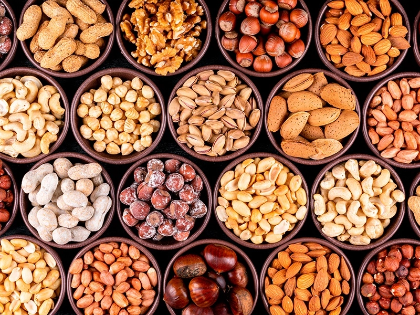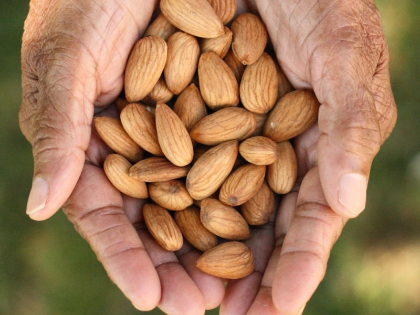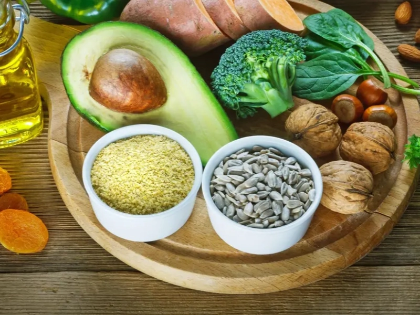The B-Vitamin Richness of Whole Grains and Why It Matters
1.Acknowledging Whole Grains Comprising three sections—the bran, germ, and endosperm—whole grains represent a plant's whole seed. Whole grains are a great component of a balanced diet since they keep their original nutrients unlike refined grains, which have been devoid of the bran and germ. Whole grains abound in common forms like brown rice, quinoa, barley, oats, and whole wheat. Apart from their high dietary fiber content, these grains offer a variety of vital vitamins, especially B vitamins, which are rather important for preserving general health.
2.The Value of B vitamins Essential for many body activities, b vitamins are a class of water-soluble vitamins. They comprise B1 (thiamine), B2 (riboflavin), B3 (niacin), B5 (pantothenic acid), B6 (pyridoxine), B7 (biotin), B9 (folate), and B12 (cobalain). Every one of these vitamins has special purposes including red blood cell creation, energy generation, and maintenance of good skin and brain function. Including foods high in B-vitamins in the diet is crucial since a lack of just one vitamin can cause a variety of health problems.
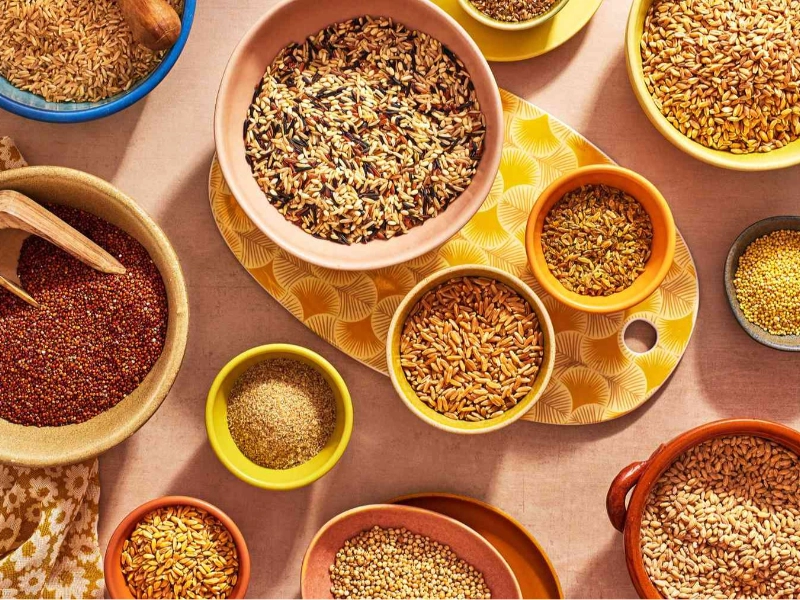
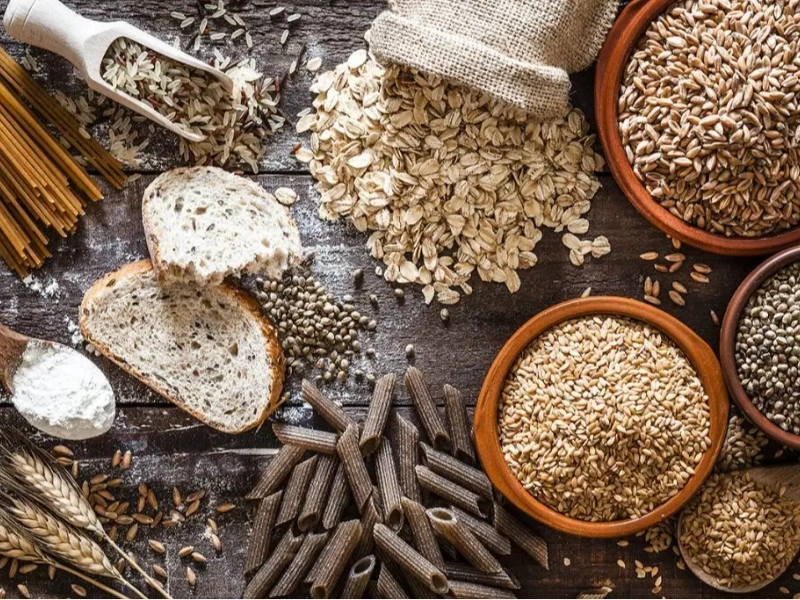 5.Encouraging Brain Health Additionally vital for preserving brain health and cognitive ability are B vitamins. Particularly crucial for the creation of neurotransmitters—chemicals sent impulses in the brain—are vitamins B6, B9, and B12. Enough of these vitamins is linked to better mood, memory, and general cognitive ability. Particularly as people age, including whole grains in the diet can help guarantee that people get the B vitamins they need to sustain brain function.
6.Benefits on Heart Health Apart from their function in brain health and energy metabolism, whole grains' B vitamins support heart health. An amino acid linked to a higher risk of cardiovascular disease, homocysteine levels are helped to be regulated by vitamin B6, B9, and B12. Whole grains aid to preserve normal homocysteine levels, therefore supporting heart health and lowering the risk of heart-related problems.
5.Encouraging Brain Health Additionally vital for preserving brain health and cognitive ability are B vitamins. Particularly crucial for the creation of neurotransmitters—chemicals sent impulses in the brain—are vitamins B6, B9, and B12. Enough of these vitamins is linked to better mood, memory, and general cognitive ability. Particularly as people age, including whole grains in the diet can help guarantee that people get the B vitamins they need to sustain brain function.
6.Benefits on Heart Health Apart from their function in brain health and energy metabolism, whole grains' B vitamins support heart health. An amino acid linked to a higher risk of cardiovascular disease, homocysteine levels are helped to be regulated by vitamin B6, B9, and B12. Whole grains aid to preserve normal homocysteine levels, therefore supporting heart health and lowering the risk of heart-related problems.
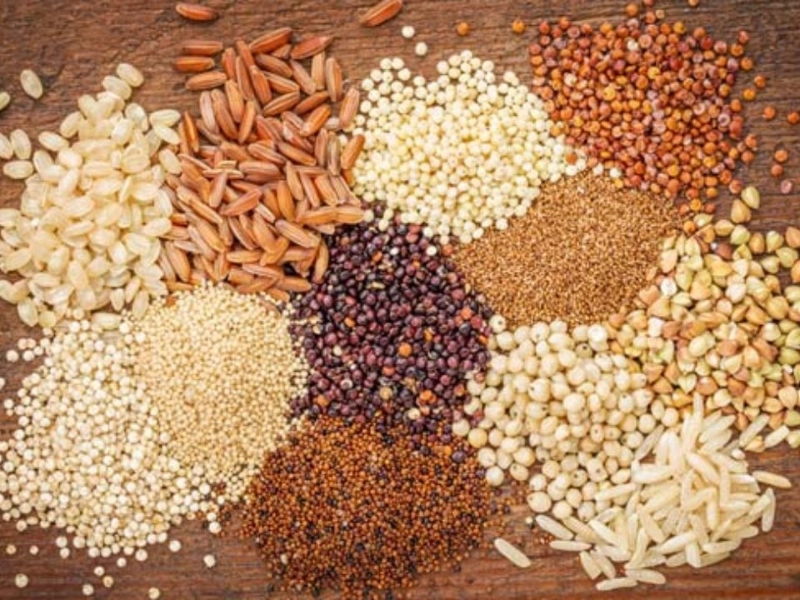 7.Fiber and Digestive Health In addition to being high in B vitamins, whole grains offer dietary fiber—which is vital for digestive health. Fiber helps to prevent constipation, preserve normal bowel motions, and boost a good gut flora. Whole grains are a great supplement to a balanced diet since their combination of fiber and B vitamins promotes general digestive wellness.
8.Adding whole grains to your diet Including a range of whole grains in your daily diet will help you to benefit from their B vitamins. Simple ways to accomplish this are selecting whole grain bread, pasta, and cereals and adding cooked quinoa, brown rice, or oats to meals. While increasing your vitamin intake, experimenting with several whole grains can also provide variation to your diet.
7.Fiber and Digestive Health In addition to being high in B vitamins, whole grains offer dietary fiber—which is vital for digestive health. Fiber helps to prevent constipation, preserve normal bowel motions, and boost a good gut flora. Whole grains are a great supplement to a balanced diet since their combination of fiber and B vitamins promotes general digestive wellness.
8.Adding whole grains to your diet Including a range of whole grains in your daily diet will help you to benefit from their B vitamins. Simple ways to accomplish this are selecting whole grain bread, pasta, and cereals and adding cooked quinoa, brown rice, or oats to meals. While increasing your vitamin intake, experimenting with several whole grains can also provide variation to your diet.
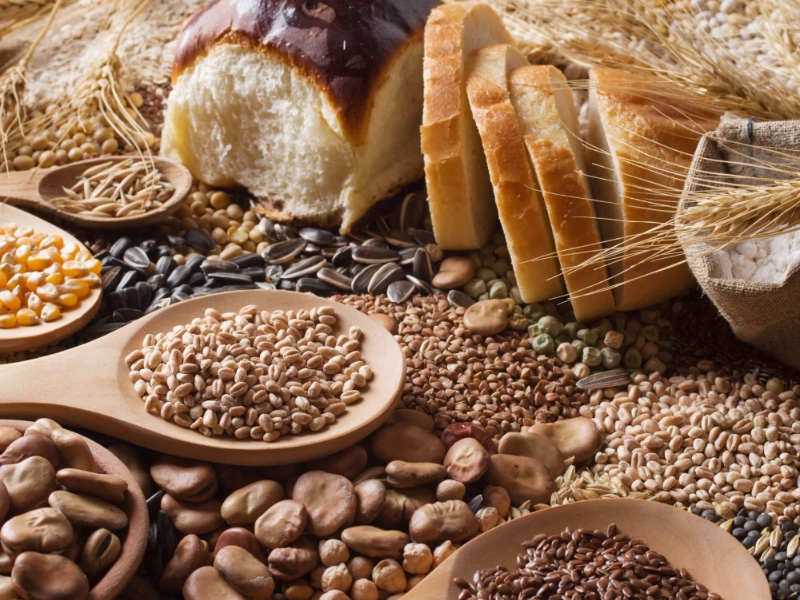 9.Grains' Refining Effects White rice and white bread, among refined grains, go through processing that eliminates the bran and germ, therefore depriving B vitamins among other vital components. Along with lowering their nutritional worth, this refining process lessens their health advantages. Choosing whole grains instead of refined products helps people guarantee they are getting the whole spectrum of nutrients required for best health.
10.Overview of the Value of B Vitamins in Whole Grains B vitamins abound in whole grains, which are vital for digestive wellness, cognitive function, heart health, and energy generation. Whole grains help people to maintain general health and improve their nutrient intake. Knowing the value of these vitamins in whole grains emphasizes the need of selecting whole over processed grains, which finally results in a better way of living.
9.Grains' Refining Effects White rice and white bread, among refined grains, go through processing that eliminates the bran and germ, therefore depriving B vitamins among other vital components. Along with lowering their nutritional worth, this refining process lessens their health advantages. Choosing whole grains instead of refined products helps people guarantee they are getting the whole spectrum of nutrients required for best health.
10.Overview of the Value of B Vitamins in Whole Grains B vitamins abound in whole grains, which are vital for digestive wellness, cognitive function, heart health, and energy generation. Whole grains help people to maintain general health and improve their nutrient intake. Knowing the value of these vitamins in whole grains emphasizes the need of selecting whole over processed grains, which finally results in a better way of living.




